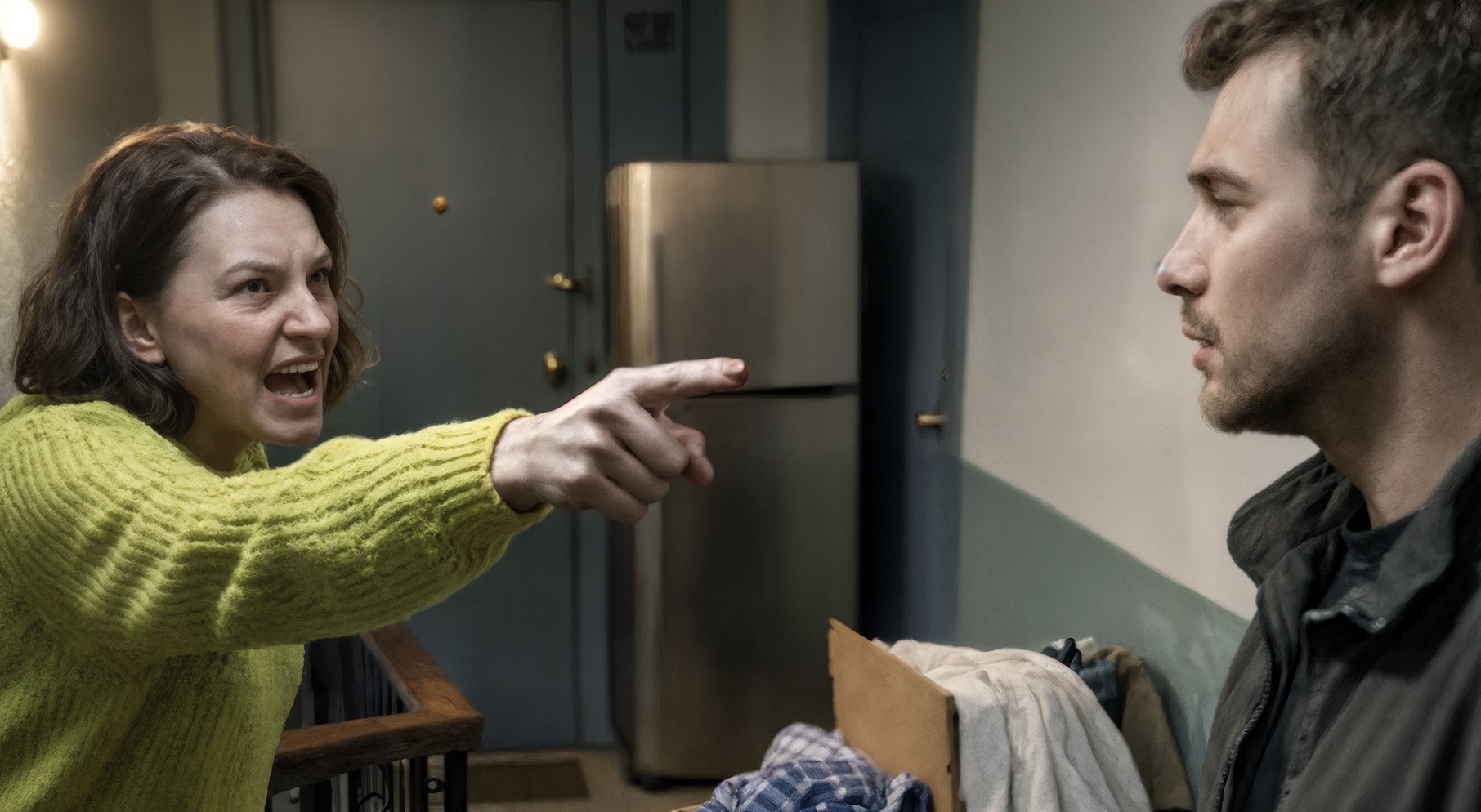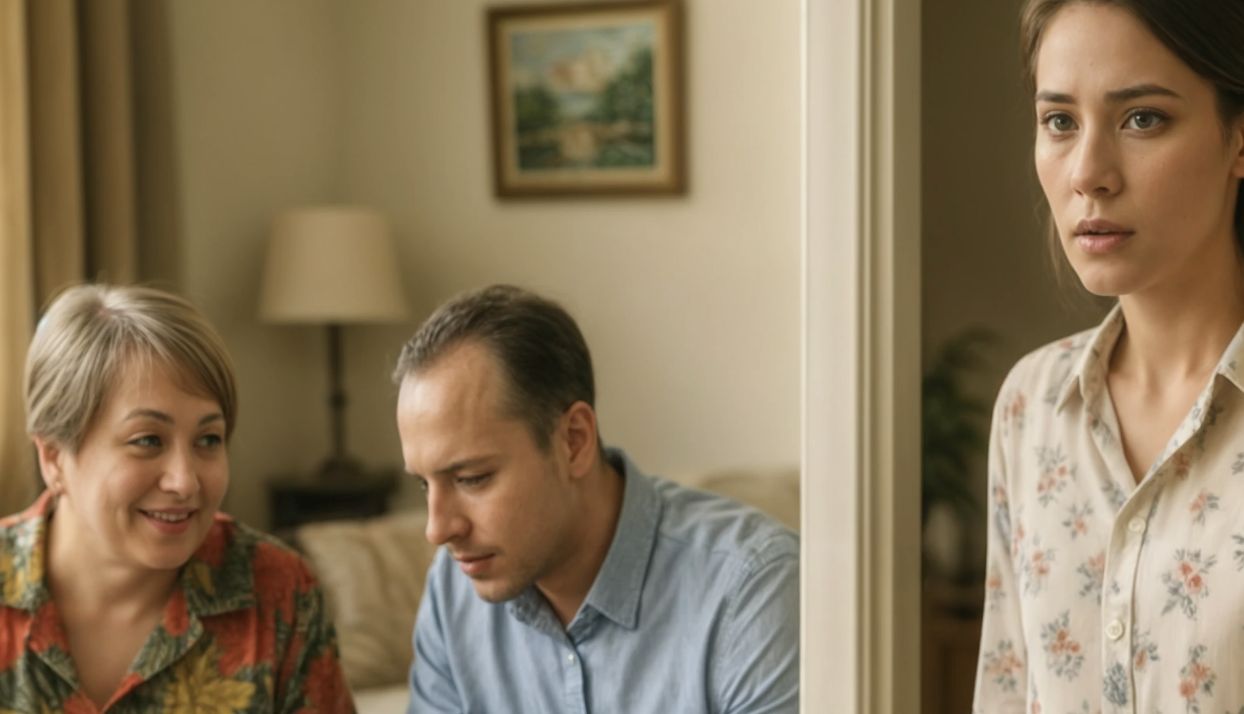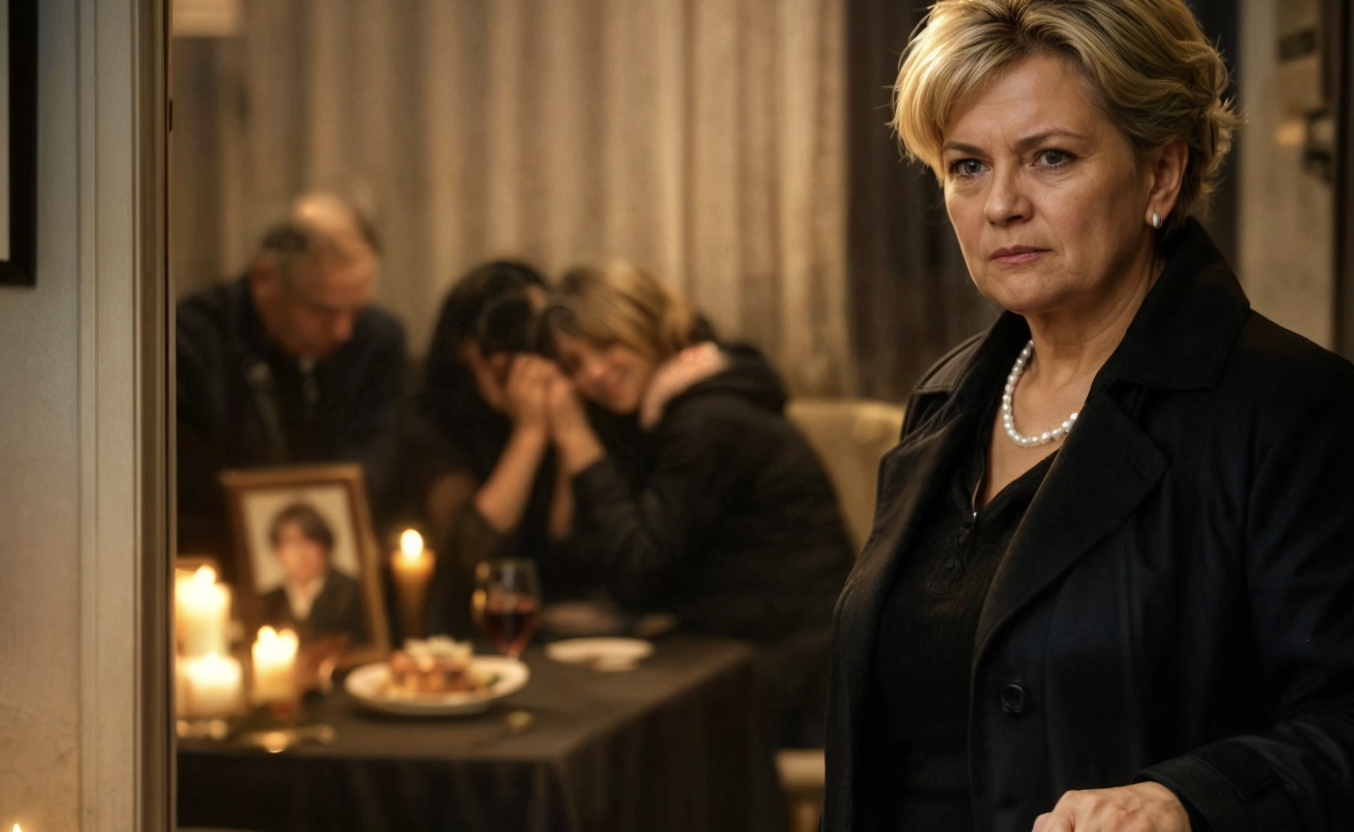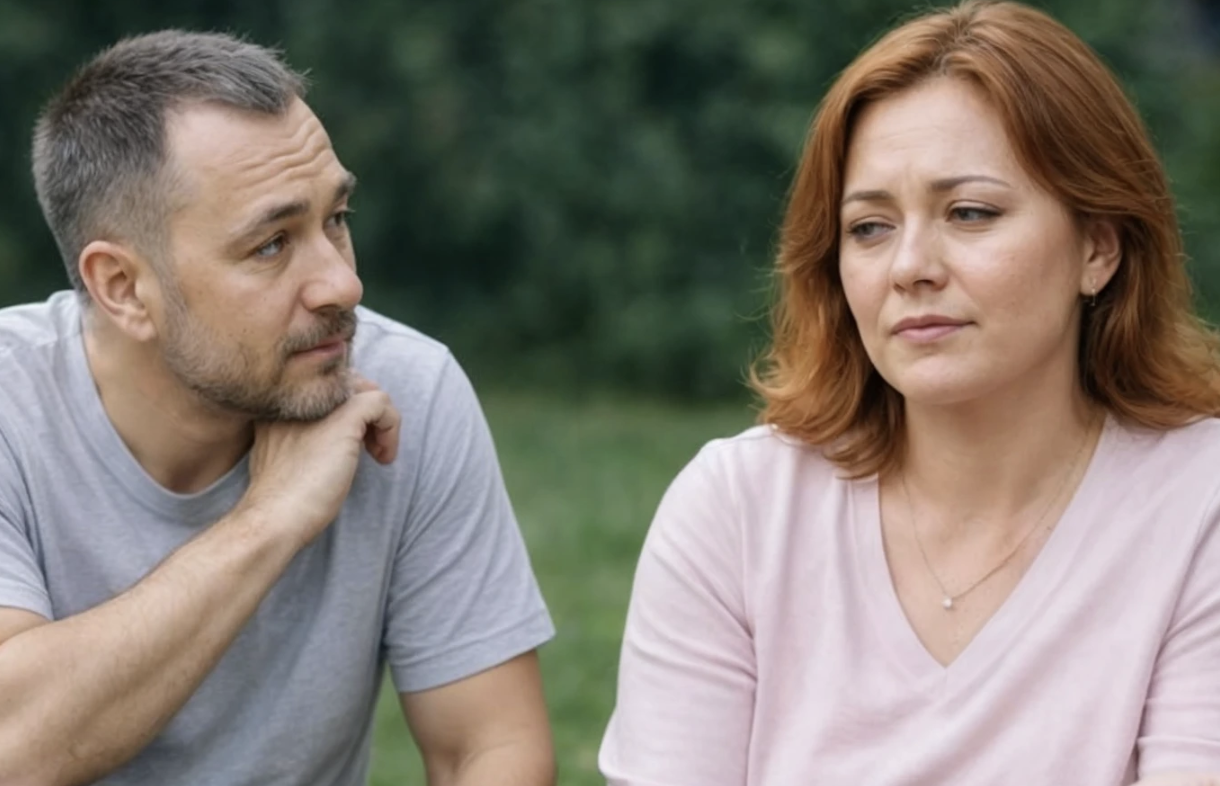“Cook for yourself—I’m not your maid anymore,” I snapped, and threw my kitchen apron right in my husband’s face
The apron flew into Andrey’s face so fast he didn’t even have time to flinch. The fabric—bright and cheerful with red poppies—smacked his cheek and then slid lazily to the floor. “Lena, have you completely lost it?” he blurted, picking it up and smoothing it out, as if pressing the wrinkles away could undo what … Read more









